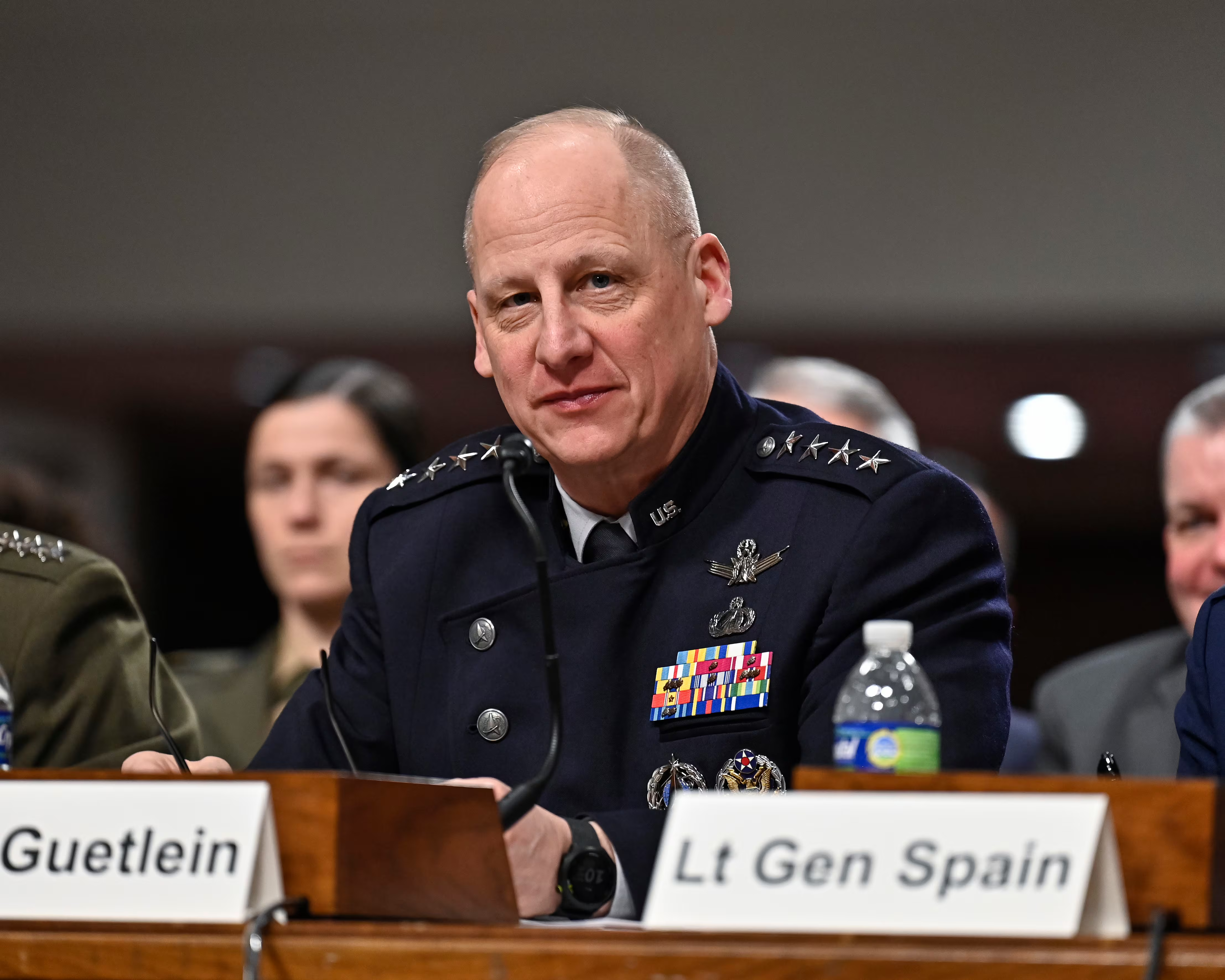WASHINGTON — The U.S. Army is expecting a positive progress report toward achieving a clean audit for fiscal 2023, the service’s comptroller told Defense News in an interview ahead of the Association of the U.S. Army’s annual conference.
While the final reports won’t be released until November, “we are really hopeful that this will be the first year for the Army that we will actually be able to close some of our material weaknesses, which means that we have been able to prove to the auditors in a couple of different areas that we have our documentation and we know what we are doing,” Caral Spangler said.
If the Army can get closure on some of those weaknesses, Spangler added, it would be the first time.
The Pentagon has gone through a formal audit cycle for five years and has not yet passed an audit. The auditor for the Army issued a disclaimer of opinion in FY22, meaning there were improvements toward a successful audit but still work to be done to provide enough evidence to support transactions and other things in order to render an opinion.
In FY22, the Army transitioned its older transactions system to a modern platform that includes all existing reconciliations and provides users with improved data analytics capabilities that help them accomplish key audit and financial management activities, according to last year’s audit report.
The Army also successfully addressed roughly $1.2 billion in annual payments related to the Federal Employees’ Compensation Act, the report noted. The service also fixed roughly 50% of the FY21 finding and recommendations dealing with information technology general controls across 20 systems, which also helps the Army’s ability to secure decision-making data, the report added.
Spangler noted the Army retired one accounting system and received a good opinion on the other accounting systems as well as its munitions process, which benefits the entire Defense Department because it relies on the Army for that work.
The Army isn’t required to pass a full audit until FY27, Spangler added. However, the service is required to pass an audit of its working capital fund in FY26, then an audit of its general fund the following fiscal year.
The Army is working through roughly 13 weaknesses cited in the general fund and 14 in the working capital fund. “We have to work through them methodically and try and close them one by one as we get toward that day when we hope we’ll get a favorable opinion,” Spangler said.
One area where the Army made improvements, she explained, is how the service balances its checkbook — or fund balance — with the U.S. Treasury.
“We’ve been able to show that we have reduced our undistributed balances to really small numbers so that the auditors aren’t worried about them anymore,” she said. “They have better confidence that the numbers that are going into that fund balance item on our balance sheet are documented, and our reconciliations between our different kinds of systems — the supply systems and the accounting systems and the logistics systems — that that data is passing better with more accuracy. So it’s really improving our data reliability and making our numbers that are on the balance sheet more reliable.”
Jen Judson is an award-winning journalist covering land warfare for Defense News. She has also worked for Politico and Inside Defense. She holds a Master of Science degree in journalism from Boston University and a Bachelor of Arts degree from Kenyon College.








